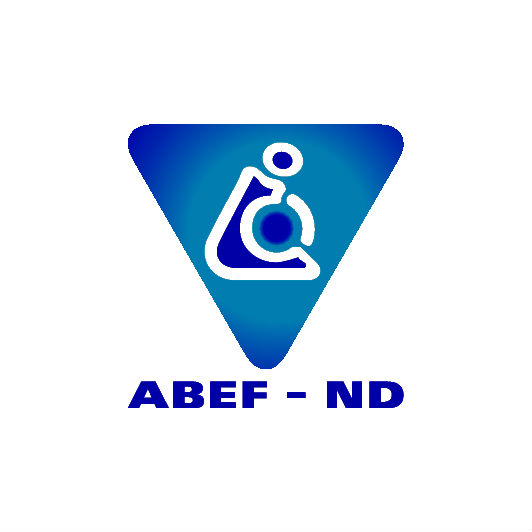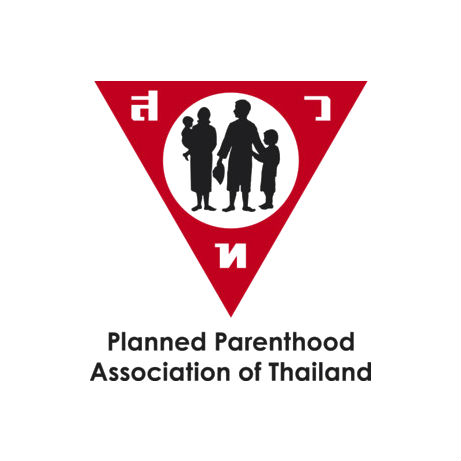

| 31 March 2016
Association pour le Bien-Etre Familial/Naissances Désirables
The Association de Bien-Etre Familial – Naissances Désirables (ABEF-ND) The Democratic Republic of Congo is vast: it is Africa’s second largest country and has nearly 68 million inhabitants. The sexual and reproductive health (SRH) challenges are correspondingly immense, with the country recording some of the poorest SRH statistics globally. The Association de Bien-Etre Familial – Naissances Désirables (ABEF-ND) was founded in 1977, and since then it has worked tirelessly to drive changes which will secure a better future for the country. ABEF-ND offers sexual and reproductive health (SRH) information, education and communication for young people. It offers HIV and AIDS prevention and management services, and community-based distribution of contraceptives. It also advocates strenuously around SRH issues with legislators and health professionals. As such, it’s central to shaping relevant national policies. It achieved this through static clinics, associated clinics and community-based distributors (CBDs) and community-based services (CBSs). ABEF-ND has a small number of staff who are backed by a large body of volunteers: together, they are determined to promote sexual and reproductive health and rights for all. ABEF-ND works in partnership with the Ministry of Health, and in the private sector with faith-based health facilities. Non-governmental organizations partners include Service Centrale d'Education à la Vie (SCEV), the Women’s Action Network (RAF), Radios for the Consolidation of Peace (RCP+), Amo Congo. Donors include Programme National de Lutte contre le Sida (PNLS), UNFPA, UNHCR and GTZ. It is a Member of the National Council of NGOs against AIDS.

| 31 March 2016
Planned Parenthood Association of Thailand
The Planned Parenthood Association of Thailand (PPAT) supports the National Family Planning Programme by organizing countrywide educational and motivational activities, and by delivering contraceptive services to special target groups/geographic areas including slum dwellers, the population along the Thai-Cambodia border, and northern hill tribes. With the help of Muslim leaders and the support of grassroots volunteers, PPAT has been highly successful in promoting family planning among the marginalized Muslim community in Thailand's 4 southern-most provinces. It has also undertaken individual projects tailored to the needs of prisoners and fishermen. PPAT’s approach to sexual and reproductive health (SRH) promotion has been innovative, and in many cases, the organization’s models have been replicated by government departments and have been sustained with dedicated public funds. PPAT runs a strong programme of information, education and communication (IEC) via radio and television broadcasts on family planning, sexually transmitted infections (STIs), reproductive health and environmental issues. These are estimated to have reached over 10 million people across the country. The organization operates through over 1,900 distinct service points. These include 15 permanent clinics and 8 mobile units, and a network of hundreds of community-based distributors/community-based services (CBDs/CBSs). As the statistics show, Thailand still faces a number of challenges, particularly in relation to maternal and child mortality. But with a confident and active Member Association on hand, the prospects for continued improvement are strong. Contacts Facebook: https://www.facebook.com/pages/The-Planned-Parenthood-Association-of-Thailand-PPAT Twitter: https://twitter.com/PPATFANCLUB







